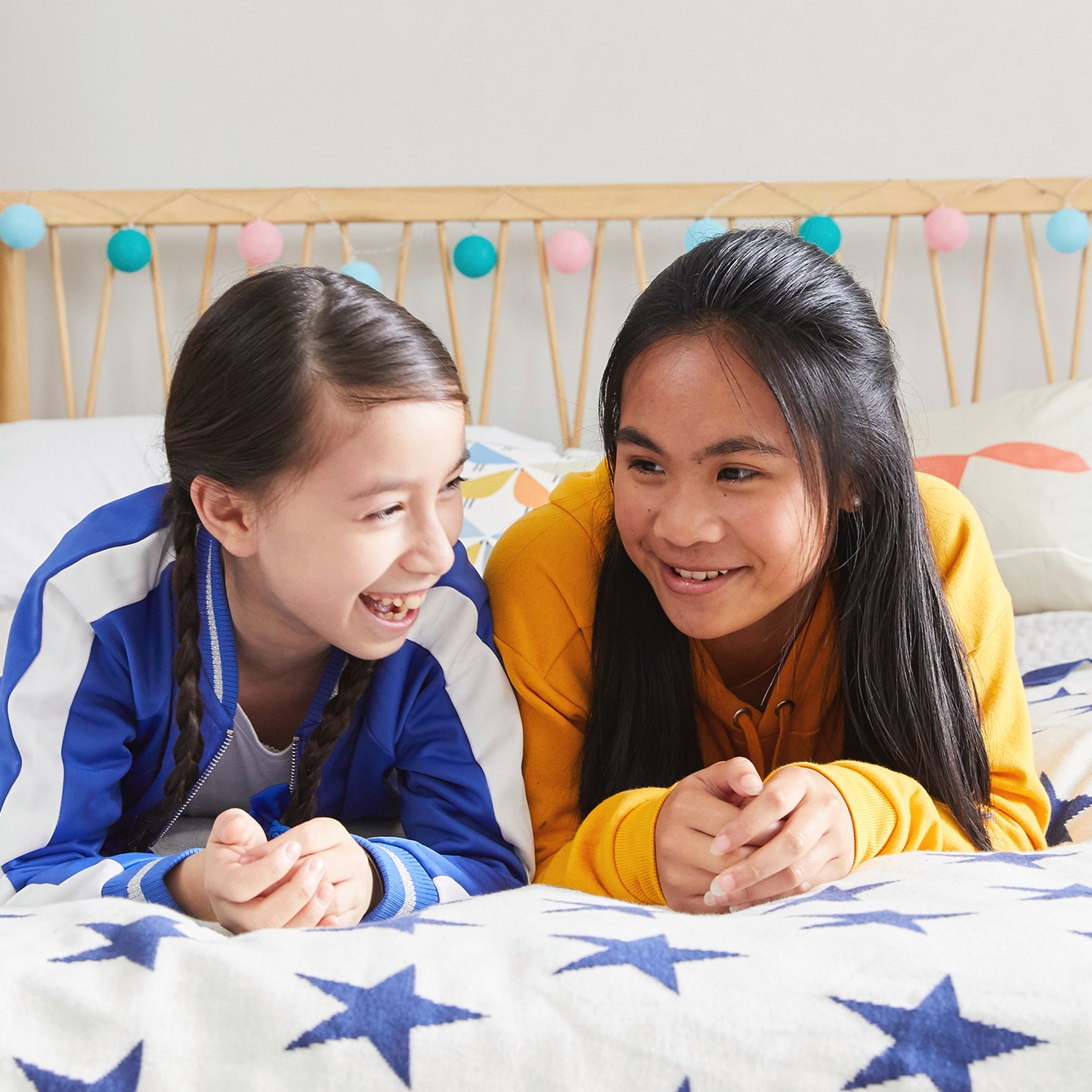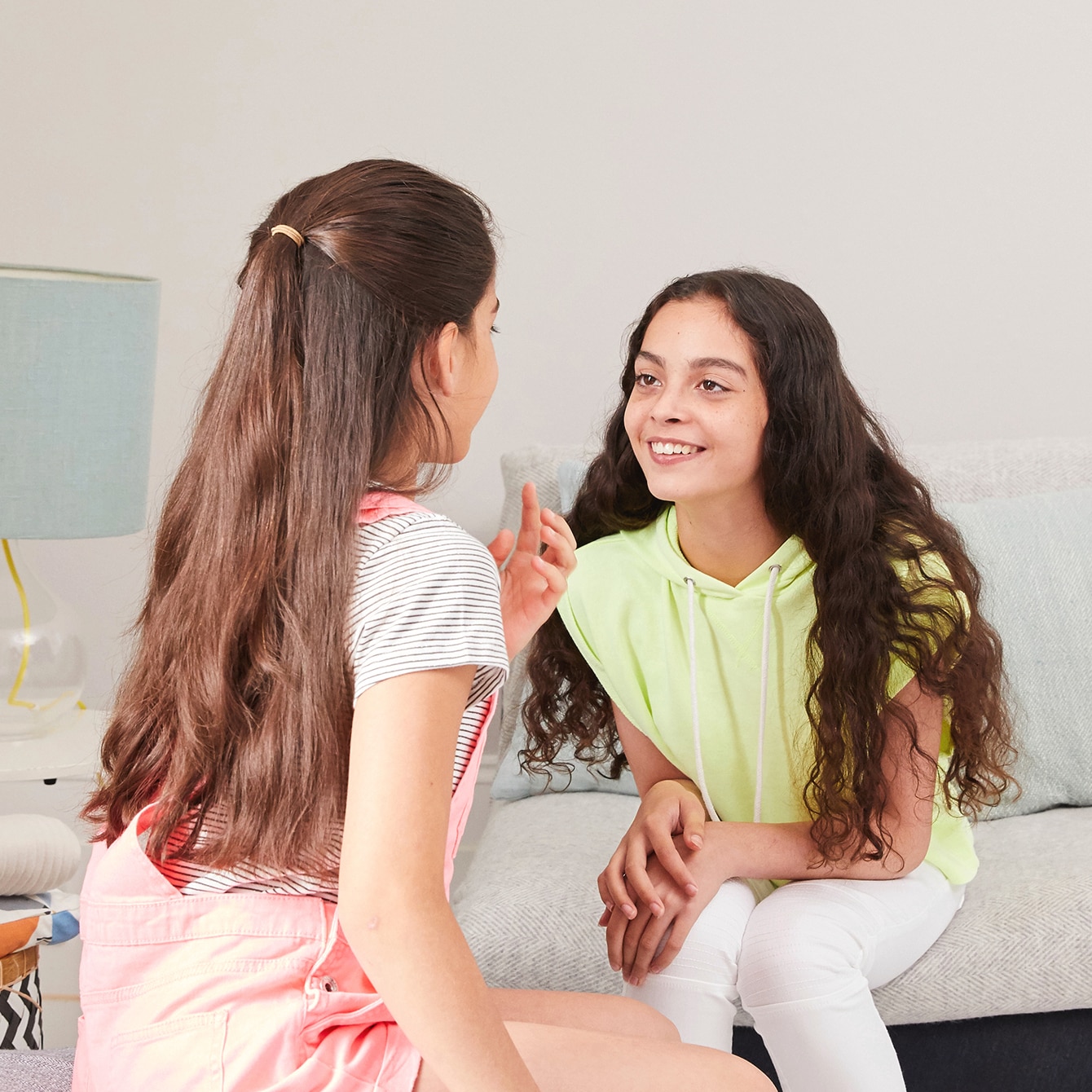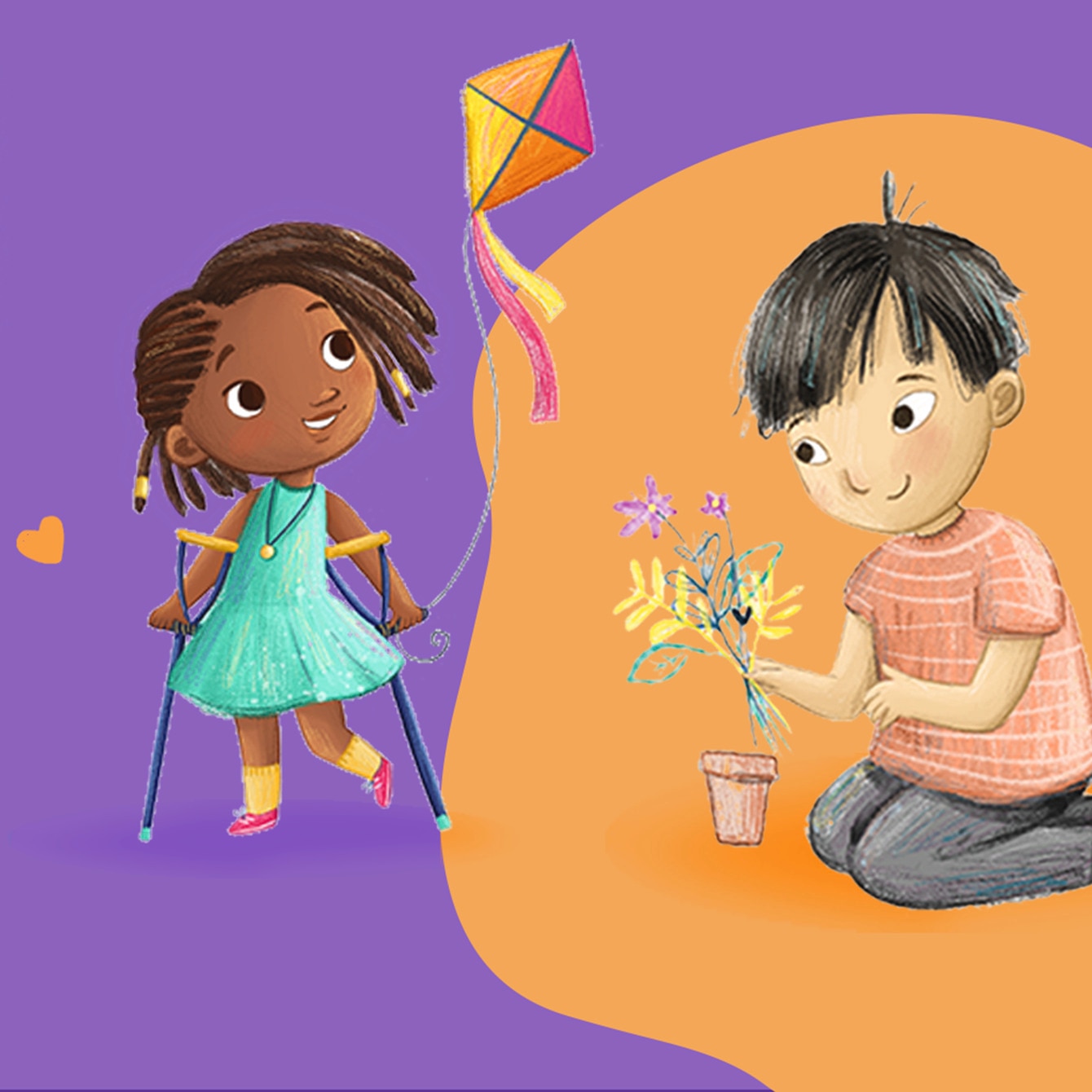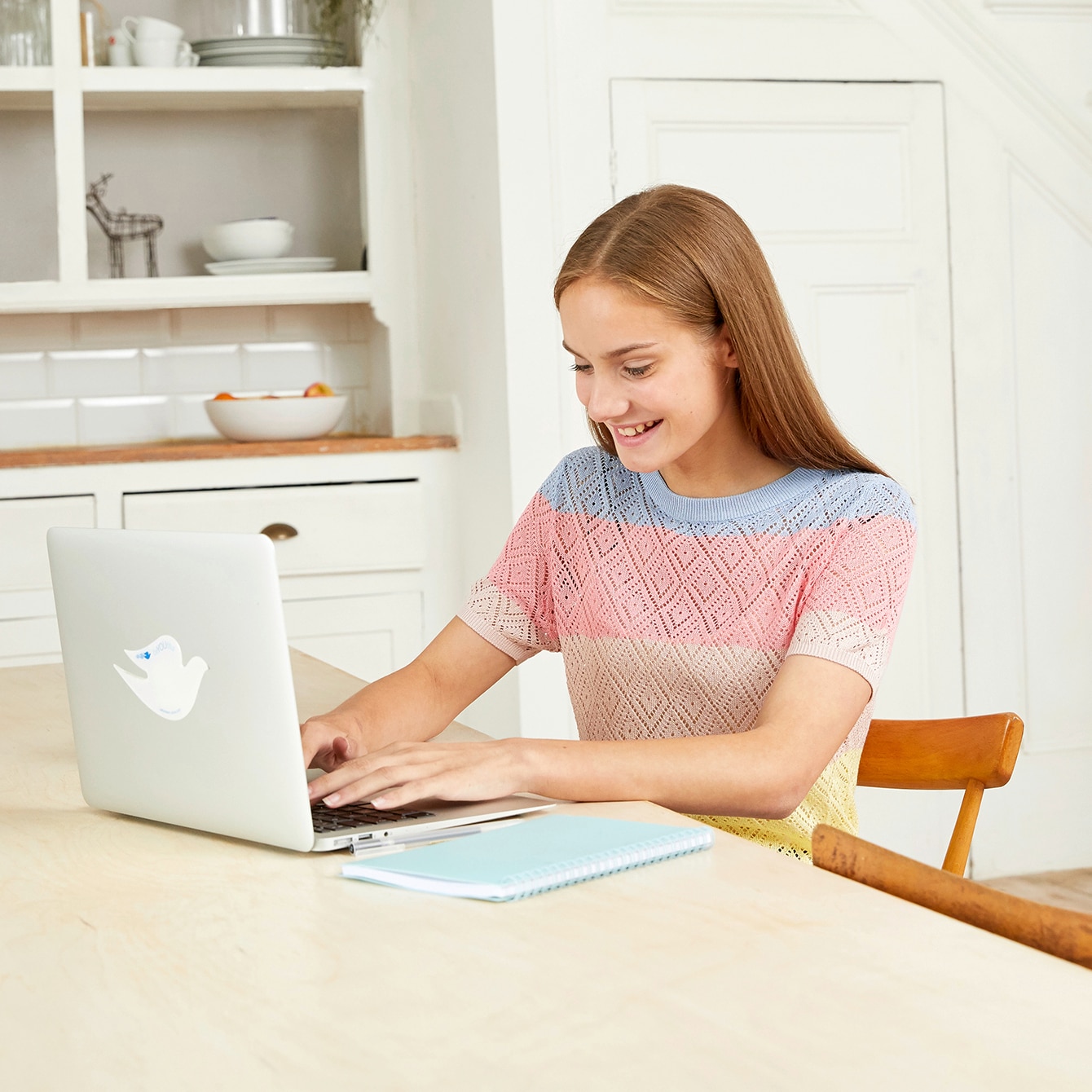Reality TV shows have a huge influence on young people's lives. It’s easy to think there’s nothing we can do about it, but as parents we can actually do an enormous amount to counter the influence of our kids' media consumption.
It’s no good just telling young people the TV they watch is rubbish and imploring them to turn it off. TV is often a bigger part of their lives than when we were growing up, and they’ve grown up against a backdrop of reality programmes.
Try watching TV with your child and help them decode the media themselves. Learning media literacy will help your child resist stereotypes in their media consumption for the rest of their life.
Help your children develop their media literacy
Raise questions that will prompt your child to think critically. Talk about media stereotypes and ask if they can see any in the programme they're watching. Discuss the people they see in real life and ask how much their lives resemble those shown on the TV screen.
Don't go into lecture-mode, but instead make your conversations fun. A lot of reality TV is ridiculous, so laugh together at its banality, nonsense and daftness. You can ridicule its absurdness without ridiculing your child's interest in the show.
Chat about who controls these TV shows and why they’re made. Reality TV is cheap to produce and scores highly in ratings, fuelling more shows and ever more extreme, engineered on-screen situations.
Countering the impact of reality TV
You don’t have to completely avoid reality TV shows, but you do have to inject a bit of grown-up common sense into watching them. You also have to help your child see it’s OK to think outside the box (literally, in this case) and be an individual.
Demonstrate in your own life that the values in some reality TV shows aren’t your values. Show your child that there are lots more interesting and fun things in life. Find other TV shows to watch together and think about other activities you could both do.
In doing all this, you’ll be giving your child skills that will help them well beyond the world of reality TV. Being media savvy is important because the ability to be sceptical about marketing, media stereotypes and why we’re bombarded with certain messages is fundamental to developing a strong sense of self and maintaining high self-esteem.
The good side of reality TV
Like so much else in life, it’s a question of pointing out the questionable aspects of reality TV to our kids – but without dismissing the entire trend.
Many young people love the shows they watch, and research (PDF) (4.4 MB)🔗 suggests that reality TV can affect them positively. Teenage girls who watch reality shows regularly tend to be more self-assured. They’re also more likely to aspire to leadership and consider themselves role models.
Three-quarters of those surveyed in the US said watching reality TV inspired conversations with their parents. Using reality TV storylines as a starting point to chat about issues could make it a useful tool for opening up discussions.




